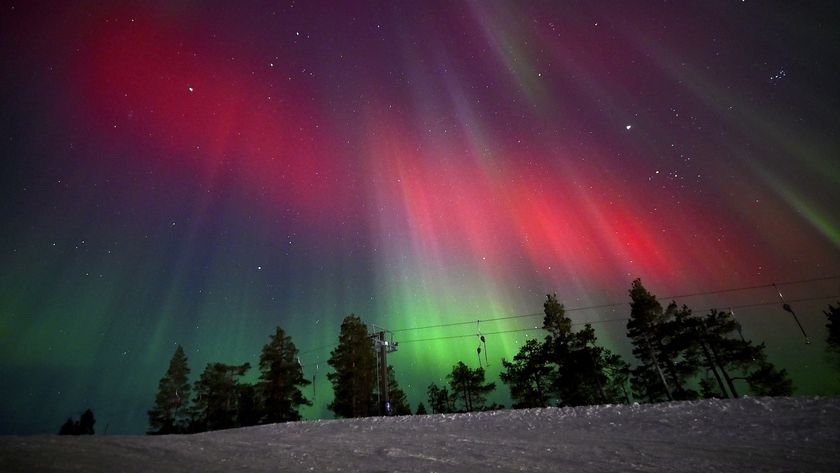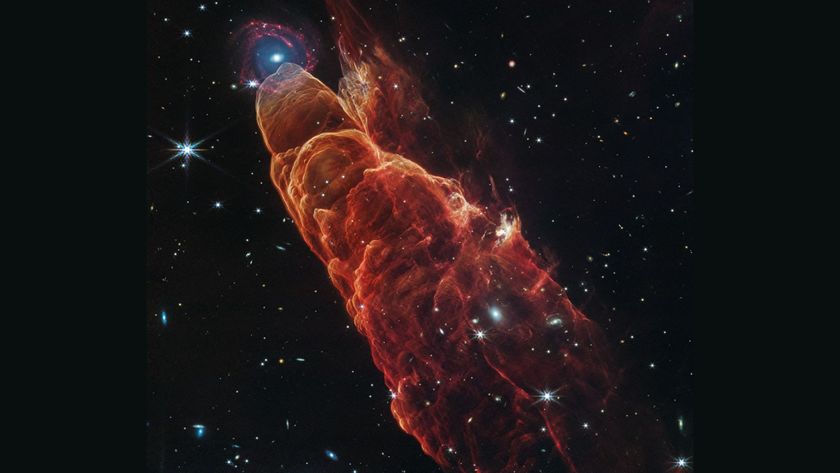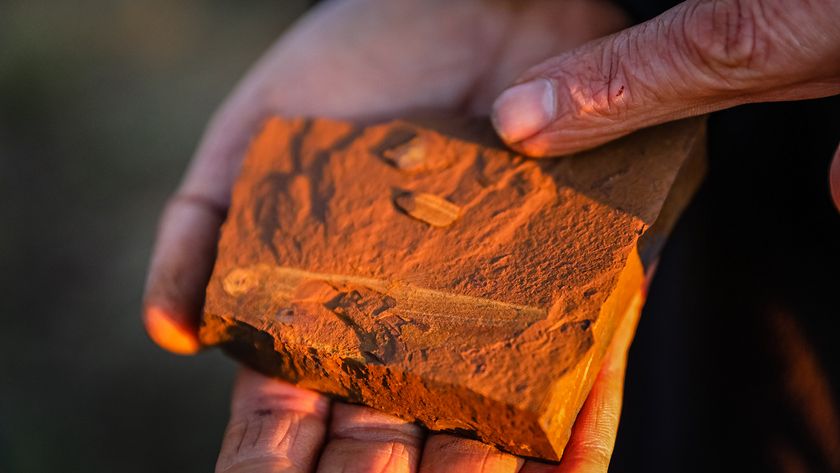The Most & Least Religious US States
The South lived up to its Bible Belt label, holding nearly all of the top 10 most religious states, according to a new Gallup survey revealing the most and least religious U.S. states.
The results are based on telephone interviews conducted between Jan. 1 and Dec. 31, 2012, with a random sample of more than 348,000 adults, ages 18 and older, living in all 50 U.S. states and the District of Columbia.
Read full story on the most and least religious U.S. states.
- Mississippi: 58 percent are very religious
- Utah: 56 percent
- Alabama: 56 percent
- Louisiana: 53 percent
- Arkansas: 52 percent
- South Carolina: 52 percent
- Tennessee: 50 percent
- North Carolina: 50 percent
- Georgia: 48 percent
- Oklahoma: 48 percent
- Texas: 47 percent
- South Dakota: 46 percent
- Kentucky: 45 percent
- Idaho: 45 percent
- Nebraska: 44 percent
- New Mexico: 43 percent
- Indiana: 43 percent
- Missouri: 42 percent
- West Virginia: 42 percent
- North Dakota: 42 percent
- Virginia: 41 percent
- Iowa: 41 percent
- Pennsylvania: 40 percent
- Ohio: 38 percent
- Minnesota: 38 percent
- Illinois: 38 percent
- Florida: 38 percent
- Maryland: 37 percent
- Wisconsin: 37 percent
- Michigan: 37 percent
- Arizona: 37 percent
- New Jersey: 35 percent
- Delaware: 35 percent
- California: 35 percent
- Montana: 34 percent
- Colorado: 34 percent
- Wyoming: 33 percent
- New York: 32 percent
- Hawaii: 33 percent
- Nevada (tie): 31 percent
- Hawaii (tie): 31 percent
- Alaska (tie): 31 percent
- Connecticut (tie): 31 percent
- Washington (tie): 31 percent
- District of Columbia: 30 percent
- Rhode Island: 29 percent
- Oregon: 29 percent
- Massachusetts: 27 percent
- Maine: 24 percent
- New Hampshire: 23 percent
- Vermont: 19 percent are very religious
Individuals who indicated that religion is an important part of their daily life and that they attend religious services every week or almost every week were classified as "very religious" by Gallup officials.
Follow LiveScience for the latest in science news and discoveries on Twitter @livescience and on Facebook.
Sign up for the Live Science daily newsletter now
Get the world’s most fascinating discoveries delivered straight to your inbox.
Jeanna Bryner is managing editor of Scientific American. Previously she was editor in chief of Live Science and, prior to that, an editor at Scholastic's Science World magazine. Bryner has an English degree from Salisbury University, a master's degree in biogeochemistry and environmental sciences from the University of Maryland and a graduate science journalism degree from New York University. She has worked as a biologist in Florida, where she monitored wetlands and did field surveys for endangered species, including the gorgeous Florida Scrub Jay. She also received an ocean sciences journalism fellowship from the Woods Hole Oceanographic Institution. She is a firm believer that science is for everyone and that just about everything can be viewed through the lens of science.










